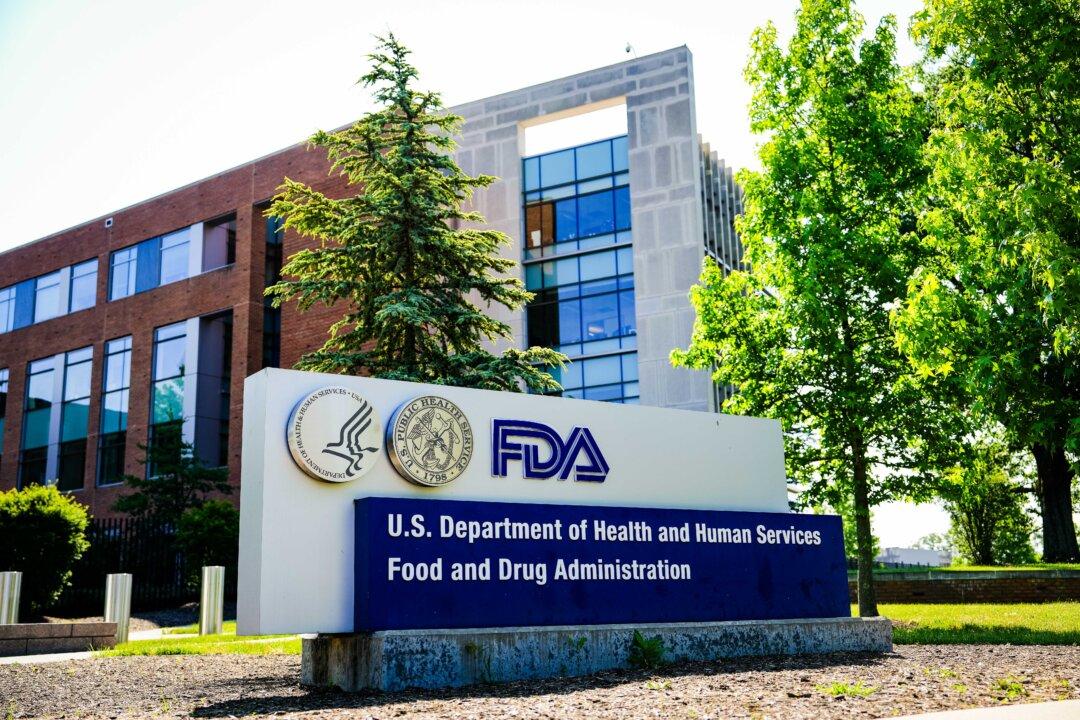Federal health regulators have declined to approve a nasal spray called Neffy that was developed as an alternative to injections for treatment of severe allergic reactions, prompting an appeal by the product’s manufacturer and an outcry by an advocacy group for people with life-threatening allergies.
The Food and Drug Administration (FDA) has notified San Diego-based ARS Pharmaceuticals Inc. that they must undertake an additional study comparing the effectiveness of their nasal spray device for epinephrine—a medication used to halt potentially life-threatening reactions known as anaphylaxis—to traditional injections.





